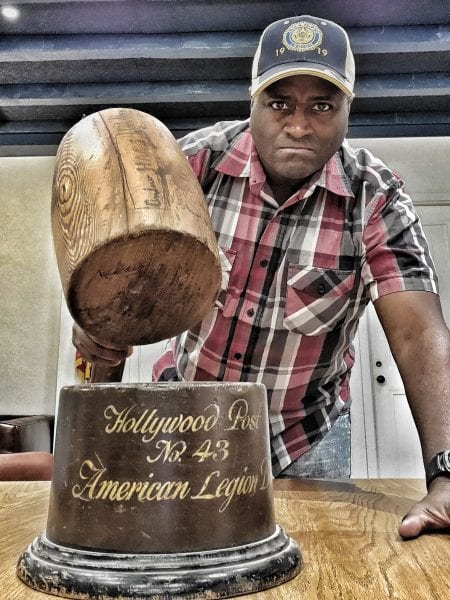
In these times, if one says that they would like to raise a question of privilege, a politically charged conversation is likely to ensue. In Robert Rules, it is less controversial, but will still get everyone’s attention.
A question of privilege relates to the rights and privileges of the assembly or any of its members. This question takes precedence over all other motions except the those relating adjournment and recess. If the question required immediate action from the chair, it may interrupt a speech. For example, if the speech cannot be heard in a certain part of the room, this would be an example of a question of privilege requiring the immediate attention of the chair, to decide what if any remedy should be applied to the complaint.
Examples of complaints that fall under a question of privilege are room temperature, lighting, noise, other disturbances, etc. This question can also be used to address the conduct of officers or employees or the punishment of a member for disorderly conduct.
To initiate this question, any member can stand and declare “I raise a question privilege affecting the assembly” or in the case of personal privilege affecting only the member, “I rise to a question of personal privilege”. Most posts will recognize “Point of Privilege”, as well.
The chair will ask the member to state their question. The chair can acknowledge the complaint, but also make a judgement on its urgency. If it is determined not urgent enough to interrupt the speaker, the chair can allow to speaker to continue and postpone resolving the question until after the recognized speaker has finished.
Most of the time a question of privilege can be handled by the chair. For example, if members are talking amongst themselves, making it difficult for others to hear the preceding, the chair can ask offenders to stop talking or to leave the meeting space. Sometimes, a question of privilege might require a motion. In this case, the member raising the question can make the motion. This motion becomes the pending question and is open to debate, amendment and all other subsidiary motions as if it was a main motion. After this motion is taken care of, the business of the body is resumed back to the point of where it was interrupted.
As for what makes something a personal privilege RulesOnline.com describes them as “ Questions of personal privilege must relate to one as a member of the assembly, or else relate to charges against his character which, if true, would incapacitate him for membership.”
While one should not misuse the question of privilege either for assembly or personal complaint, it is an important parliamentary tool to assist in the proper function of a meeting.












